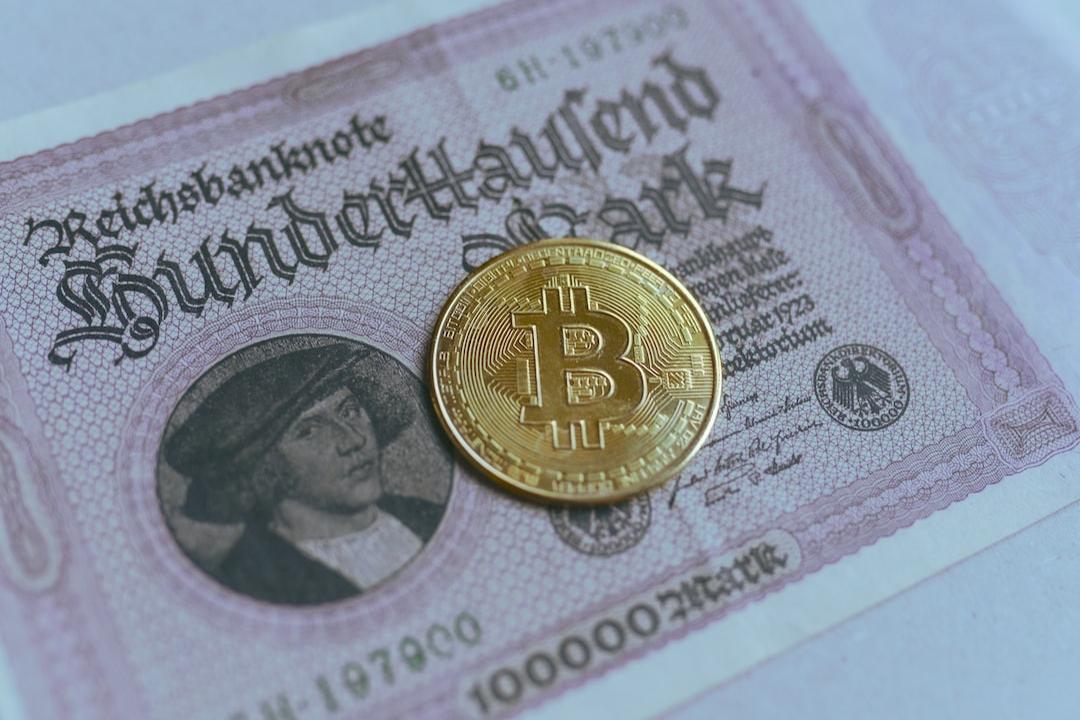Hong Kong’s financial regulator, the Securities and Futures Commission (SFC), has taken action against fake websites that are impersonating major local cryptocurrency exchanges. The SFC issued an official warning on March 4, alerting the public to multiple suspicious websites that are impersonating licensed crypto trading platforms in Hong Kong, including OSL Digital Securities and Hash Blockchain Limited (also known as HashKey).
In response to this, the SFC has blocked six websites that were identified as fake: hskexpro.com, hskex.com, hskexs.com, hskexit.com, oslexu.com, and oslint.com. These measures were taken following reports of difficulties with fund withdrawals and high fees and commissions for withdrawals.
The SFC has requested the assistance of the Hong Kong Police Force to block access to these websites. The fake websites have also been listed on the SFC’s official crypto alert list, which includes other fake websites impersonating crypto exchanges like MEXC. In fact, the SFC had previously blacklisted eight domains impersonating MEXC on February 9.
The SFC is urging investors to verify the authenticity of trading platforms by referring to its public register of licensed individuals and registered institutions, as well as the list of licensed virtual asset trading platforms for accurate information on licensed entities, including their official websites. The regulator emphasized the importance of verifying the identity of the counterparty before sending money or making transactions.
Bartosz Barwikowski, a security expert at the blockchain security firm Hacken, explained that it can be challenging to determine whether a website is genuine or fake, especially when accessing it for the first time. He advised users to rely on trusted third parties instead of relying solely on search engines or social media platforms, which can be manipulated by scammers.
Barwikowski offered two recommendations to help users avoid fake websites. Firstly, users should check the Securities and Exchange Commission (SEC) website to verify the URL. However, he acknowledged that only a small percentage of people actually do this. Secondly, users should rely on trusted third parties rather than search engines or social media channels for information.
This development comes shortly after the SFC closed the application process for crypto exchanges in the latest round of the licensing cycle on February 29. Any crypto exchanges that failed to register or submit applications by that date will be required to exit the region within three months.

Hong Kong Securities and Futures Commission (SFC) takes action against counterfeit cryptocurrency exchange platforms
